The Moustached Journalist says;
The beautiful game of football, without a doubt, has a global appeal that attracts huge followership, which also has over the years increased its popularity. Unlike Nigeria, other countries such as the United States of America (USA) and India are familiar with their extreme love for basketball and cricket respectively, though less passionate about football, which the Americans called soccer.
On the contrary, football in countries like Brazil and the United Kingdom is a major boost to these nations’ economies, where it is predominantly operated as a viable business and is not only a recreational sport as is the case in most developing countries. It is for this reason that clubs in Europe and South America have existed for decades without going extinct.
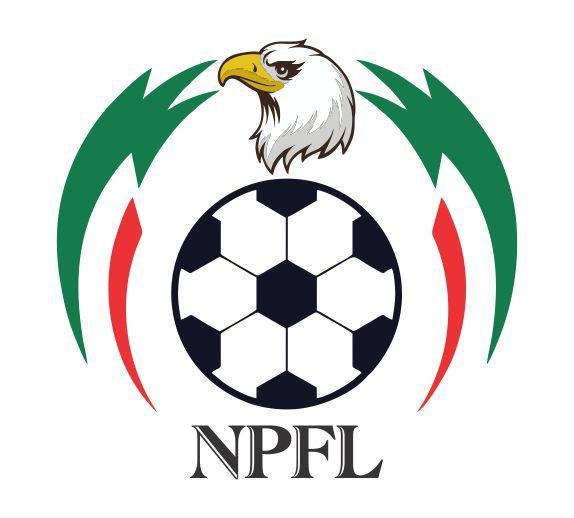
Professional football in Nigeria did not start until May 1990 after the then Minister of Youth & Sports, Air Commodore Anthony Ikazoboh (rtd) directed the then Nigeria Football Association (NFA) to commence a league of 16 clubs spread all over the country, which was launched at the famous Onikan Stadium, now renamed Mobolaji Johnson Arena in Lagos.
The pioneer clubs were African Continental Bank (ACB), BCC Lions, Obanta United, Iwuanyanwu Nationale, Highlanders, JIB Rocks, Kano Pillars, Bendel Insurance, Bendel United, Ranchers Bees, Calabar Rovers, IICC Shooting Stars, Stationery Stores, Julius Berger, Enugu Rangers, and Enyimba, that started professional football in Nigeria.
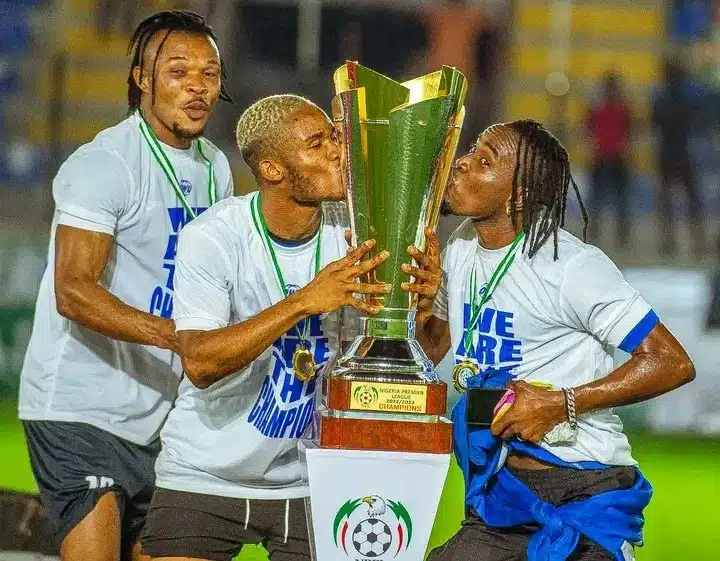
The majority of the clubs in Nigeria at that time were sponsored by individuals and corporate organisations. Sadly as of today, most of these clubs could not withstand the test of time because of the government’s direct involvement in the nation’s football landscape. For example, business moguls like Emmanuel Iwuanyanwu owned Iwuanyanwu Nationale, Abiola Babes was funded by the late Chief MKO Abiola, and Israel Adebayo sponsored Stationery Stores for many years.
During that same period, some corporate organisations and businesses sponsored football clubs like Leventis United, First Bank, NEPA, ACB, Nigerian Railways, IBWA, Julius Berger, and others.
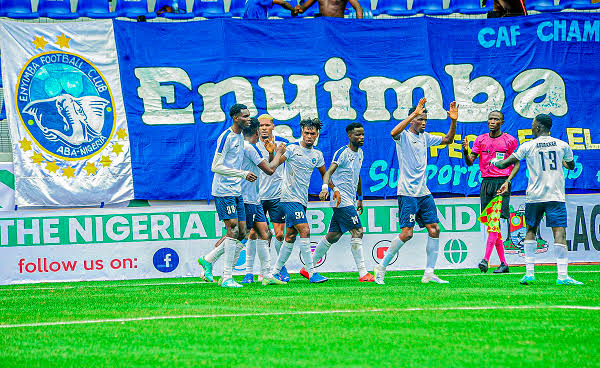
Due to the unequal ground for privatization, government-owned football clubs have over the years spread their tentacles in the Nigerian football league system, particularly in the Nigeria Premier Football League (NPFL) and the Nigeria National League (NNL). Over time, the idea of divestment for ownership of football clubs by state governments and public institutions has been attempted and unsolved by the relevant league bodies without tangible success.
Thus, in other parts of the world where football is seen as a business, clubs are established and financed by individuals and corporate organizations, whose core objective is to make ample returns on capital invested through TV and broadcast rights, image rights, lucrative players’ transfers, merchandising, ticket sales, promotions and other sponsorship deals.
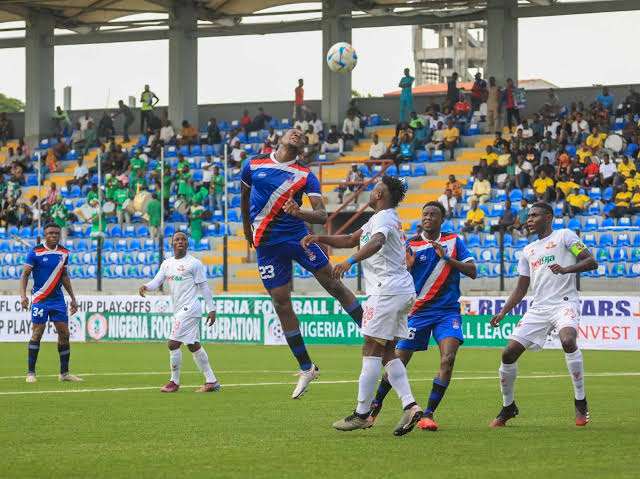
However, there is a criterion that was put in place for potential investors to own a club in the Nigerian top-flight league. Clause 5 of the most recent league regulations – NPFL Framework & Rules for the 2015/16 season was enacted into the Nigerian football league system, to provide options for participation and investment. In 2015, the NPFL and the NNL introduced the rules to encourage the divestment of some equity in government-owned clubs which are yet to yield the desired results.
According to Clause 5.3.4 of the regulations, one of the conditions of participating in the NPFL is that clubs owned by state governments and public institutions should relinquish 50% of their ownership of the club. With this clause yet to be implemented so far, it has provided an array of options to choose from when it eventually commences.
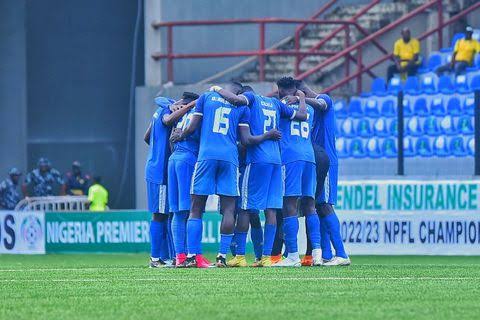
Another proportion of the regulations that may have appeared to be a new lease of life with fresh opportunities for the league, was the options for cross-ownership as stipulated in Clause 5.10 of the regulations, a person is not allowed to hold/acquire “significant interest” in an NPFL while holding a significant interest in another NPFL club. That is, you are not allowed to own a significant amount of interest in the ownership of more than one NPFL club.
The regulation, thus, defines significant interest as 30% ownership or voting rights in a club. As an NPFL stakeholder, you are not eligible for voting rights in any of your preferred clubs if you keep investment below 30%, though you can invest in more than one NPFL club. This means that you can alternatively be a significant interest holder in a club and have a minority shareholding in other NPFL clubs.
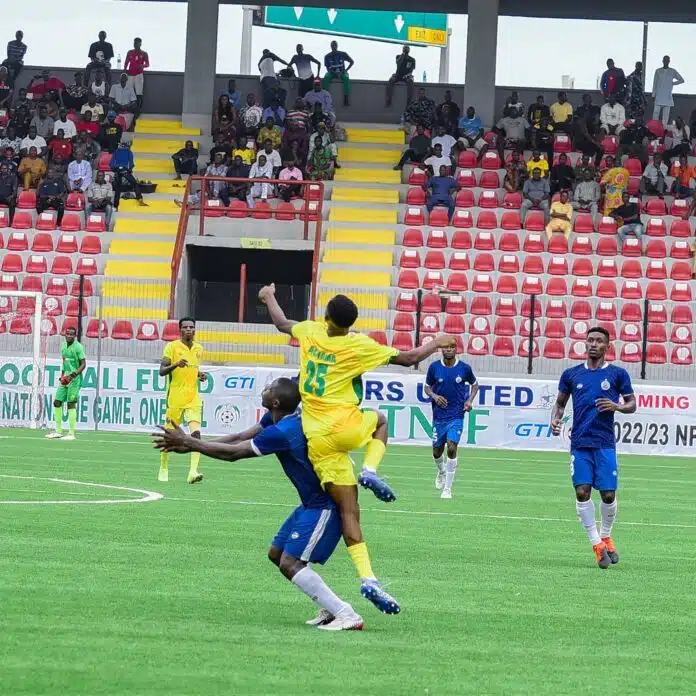
For instance, the owner of Remo Stars, Kunle Soname is rumoured to have stakes in Kada City. Investors are permitted to test the league with little investments by spreading the risk across several clubs in the NPFL, which shows that there are no limitations stated as regards the number of clubs you can invest in.
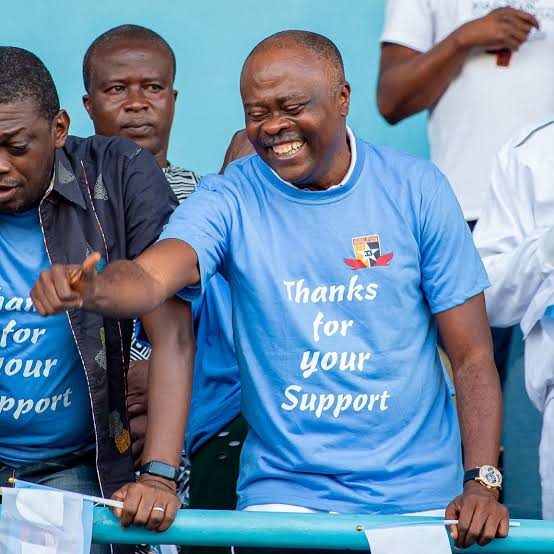
In a memorandum of understanding signed with NASD Plc in 2016, the defunct LMC provided a secondary market trading of securities of unquoted public companies in Nigeria, to encourage state government-owned football clubs through the adoption of good corporate governance practices to be listed on the NASD, however, no progress was made at that time by any of the government-owned football clubs in that regard.
Since its implementation in 2015, there have been no sanctions by the league body on state government-owned clubs who failed to commence with their divestment programmes or any further demand requiring them to show proof of commencement of any divestment programme, proof of an ongoing divestment process, or an actual divestment. There is no record of any successful divestment by a state government-owned football club for years despite securing an undertaking from every one of them to commence a divestment programme.
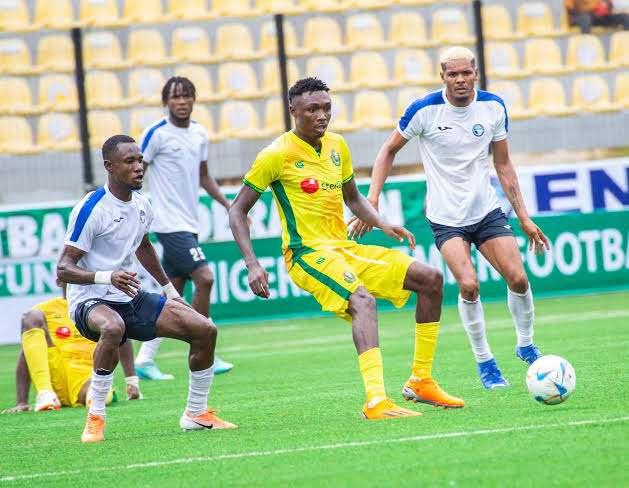
The current approach to divestment adopted by the NPFL and the NNL will possibly not yield the desired result because of the absence of sanctions and follow-up requirements in the case of the NPFL, and the lack of clarity as to the specific percentage equity to be divested, and the timeline for commencement of a divestment programme in the case of the NNL.
Remember that the NPFL and the NNL are legal establishments without statutory powers to compel state governments and federal agencies to embark on the privatisation of government-owned clubs. Similarly, in the manner to the statutory approach that led to the privatisation and commercialisation of public enterprises under the Public Enterprises (Privatisation and Commercialisation) Act 1999 in the case of the federal government, and under the various public-private partnership laws of various state governments.
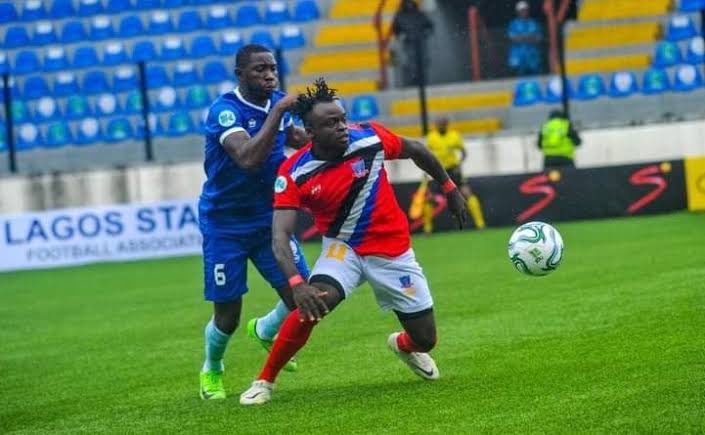
It is doubtful whether the NPFL and the NNL, whose governing boards are respectively controlled to some extent by both the federal and state governments, are fit to impose sanctions against the state government-owned clubs through expulsion from the league for failure to commence a privatisation programme.
A statutory approach requiring the amendment of the legal framework for the privatisation of public enterprises at both federal and state levels that will include the state government-owned clubs for privatisation is sacrosanct. This approach, however, will have to be government-driven with exclusive support by the executive and legislative arms of government at both the federal and state levels.
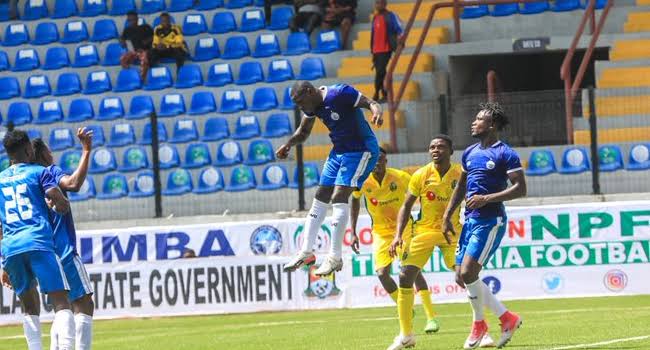
On the face of it, it is not a bad idea if football in Nigeria should be incompletely free of the government’s direct involvement, just as it is in some of the elite leagues in the world such as La Liga in Spain, Serie A in Italy, Bundesliga in Germany, the French Ligue 1 and the English Premier League (EPL).
Considering that in the case of the NPFL, out of the 20 teams in the league; 17 clubs are owned by state governments, while three (Remo Stars, Doma United and Sporting Lagos) are privately owned. Since almost all the clubs are sponsored by state governments, the business side of the sport is relegated to the background. This even makes it difficult for the clubs to make profits while usually depending on allocations from the governments to compete in the league.
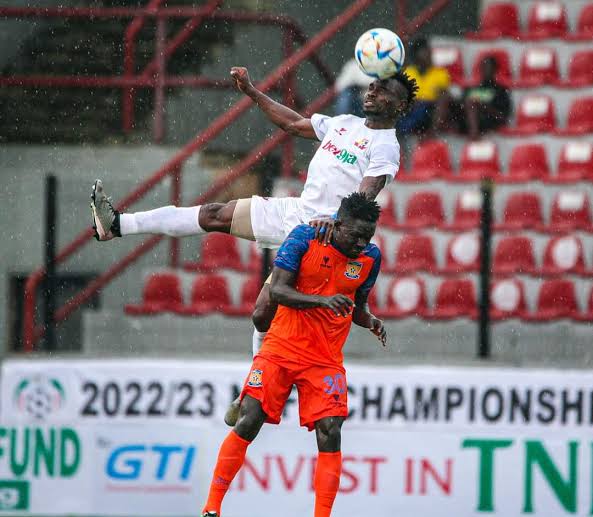
Every effort of the NPFL and the NNL to elevate and brand the leagues through a marketing programme that would attract sponsorship is often debated by a tiny cabal of stakeholders for their selfish interests, who are never keen on the progress and development of the game, and this is precisely why the Nigeria football league system is unable to attract sustainable sponsorship for years.
Many Nigerians are ardent followers of these top European leagues and are entirely witnesses to how well-structured, efficient, productive and commercially viable they are. If one should ask these stakeholders at the echelons of Nigerian football, they will indubitably tell you that football is big business, but because personal ambitions have been prioritised over a sense of higher purpose, our local leagues have denied feasible growth.
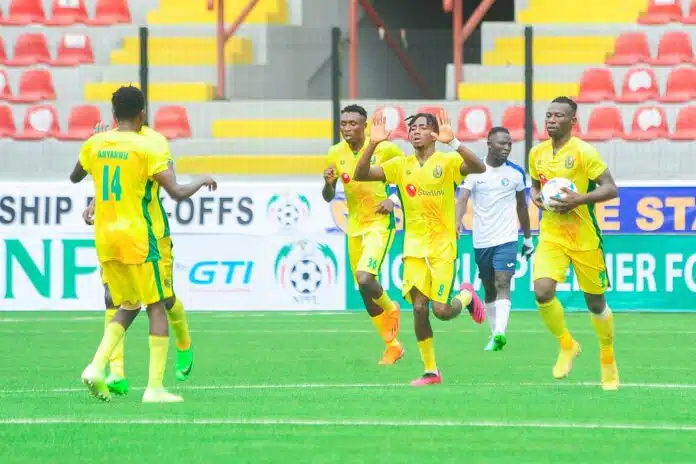
As we have seen across professional football leagues worldwide especially in the English Premier League, club ownership usually stems from a deep passion for football, interest in particular clubs and revenue-generating opportunities. One can only hope that passion and interest drive investments in the Nigeria football league system shortly.
